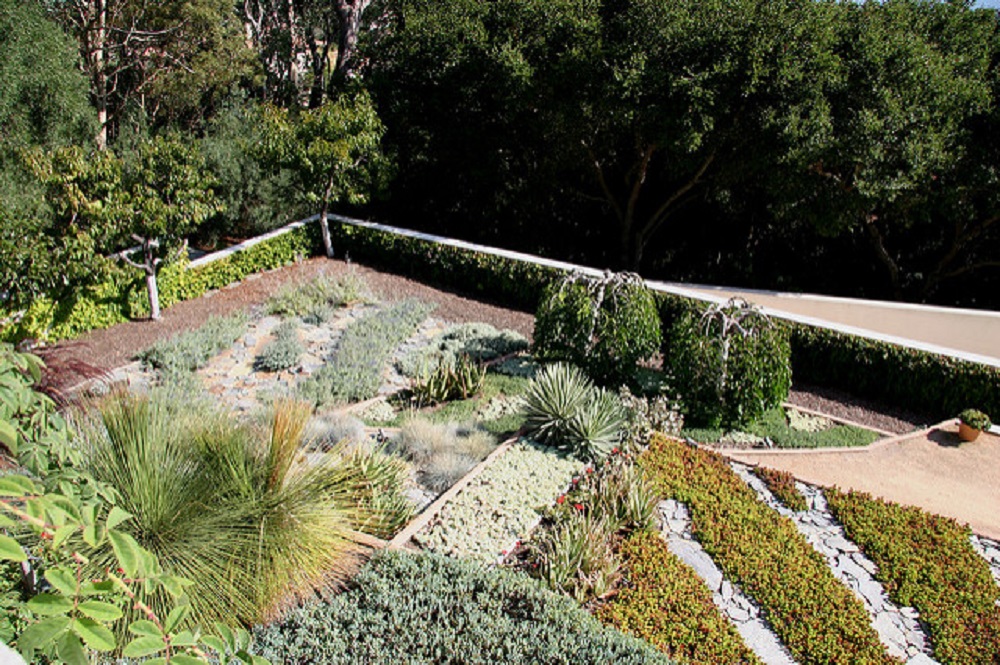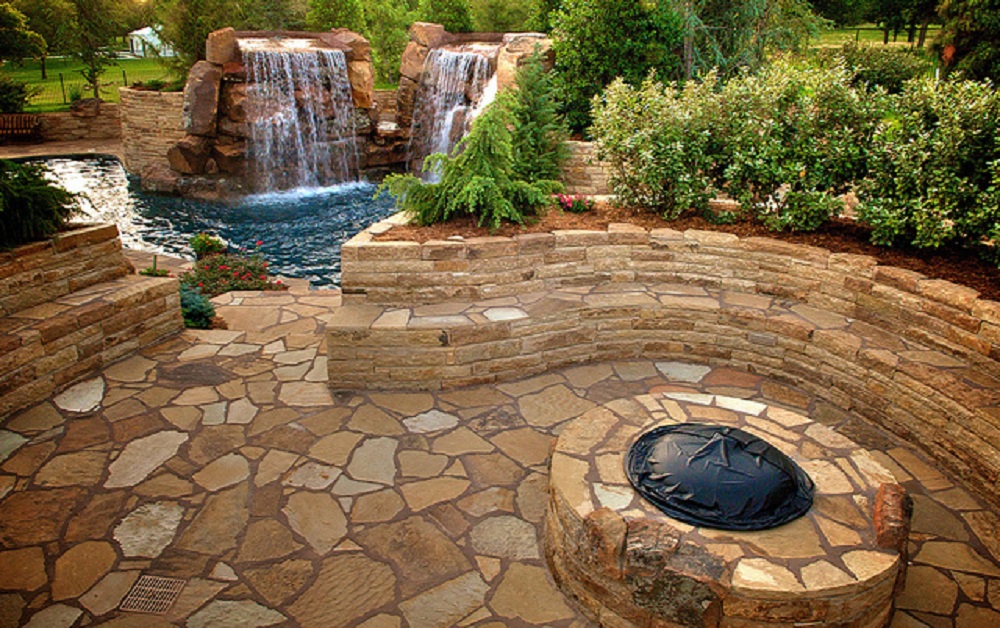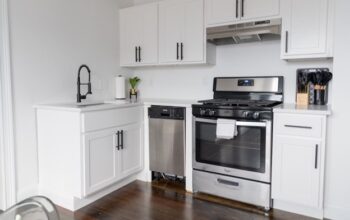The planning and design of a garden or any other exterior area are called landscape design. In today’s world, a lot of elements are integrated with this process to create beautiful and functional spaces for outdoor living. By engaging in the services of a landscape designer, any person can develop an outstanding patio or lawn area. How? These professionals offer a wide range of services which are further tailored according to the respective client’s needs. Taking the help of an expert also allows us to avoid errors and unnecessary confusion. A landscape design, which is well executed, not only increases the square area of usable space but also enhances the enjoyment experience in a home. To make the outdoor living spaces an excellent investment, one needs to take the help of comprehensive planning and professional installation. The value of a home can be increased drastically with thoughtfully developed outdoor spaces.

Elements of Landscape Design
#1. Color: Color is a crucial element of any landscape design. It adds dimensions and interest to a garden and brings it to life. Materials such as walls, fences, paving – which are also known as hardscape or plant material – can be added to it. If someone wants to create harmony then he/she can add or use the same colors for their landscape, whereas if someone would like to create contrast then he/she can use different hues. And it is well-known that warm and cool colors have a completely different effect on the landscape. Landscapers often decide to use a color theme that unites the entire landscape.
Ways to use color in a landscape:
a) To draw attention to an important feature
b) Create a good mood
c) Attract wildlife
d) Blend the outdoors with the design and color of the home
e) Provide seasonal variety

#2. Line: Think of the flower bed or the edges of a walkway or the perimeter of a deck or patio. The line refers to these structures within a landscape. The flow of a garden is greatly impacted by the way the line is employed. Curved lines create an informal look, while straight lines give a more formal appearance.
Tips for using the line:
a) Horizontal lines pull the eye along the ground and make a place feel bigger. Small hedges, garden walls or walkways can be used to add horizontal lines to a yard.
b) Vertical lines pull the eye up and make a place feel larger. An arbor or tall trees can be used to add vertical lines to a yard.
#3. Texture: Usually, a garden with plants is where a texture is added. But hardscape materials can also be used to create texture. The roughness or smoothness, fineness or coarseness, heaviness or lightness of a particular plant is referred to as plant texture. Every part of a plant, be it its bark, flowers, branches or leaves, all have some kind of a texture. To create variety in a garden, plants with different textures can be used.

#4. Form: A plant or object’s form is its shape or structure. The kind of forms used depends on the landscape’s theme or design.
#5. Scale: The relationship between elements of the surrounding spaces and within the garden is known as scale in outdoor designs. The scale of a landscape will be appropriate, only if you make size choices that are suitable for the setting. You should always consider the size of your home and the available yard space when you decide the right scale for your plants and landscape structures.
No matter what your need is (exciting and functional outdoor rooms, engaging play area for children, or simply a serene and shady nook for quiet garden enjoyment), a professional landscape designer can help you bring out your garden dreams to fulfillment, while practically considering other important aspects such as choosing the appropriate plants, site analysis and budget.


